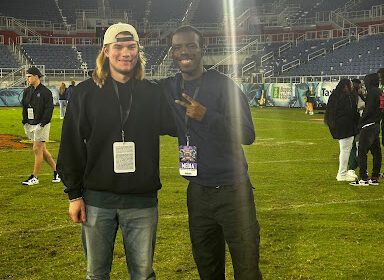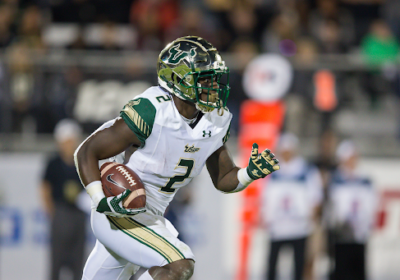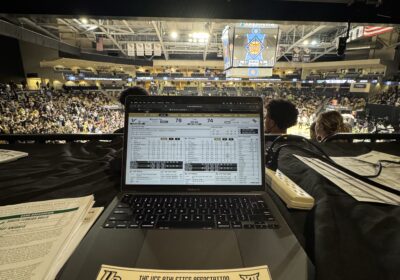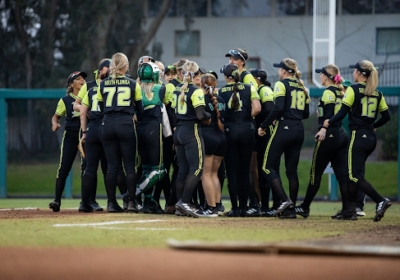Commentary: Throw in the towel
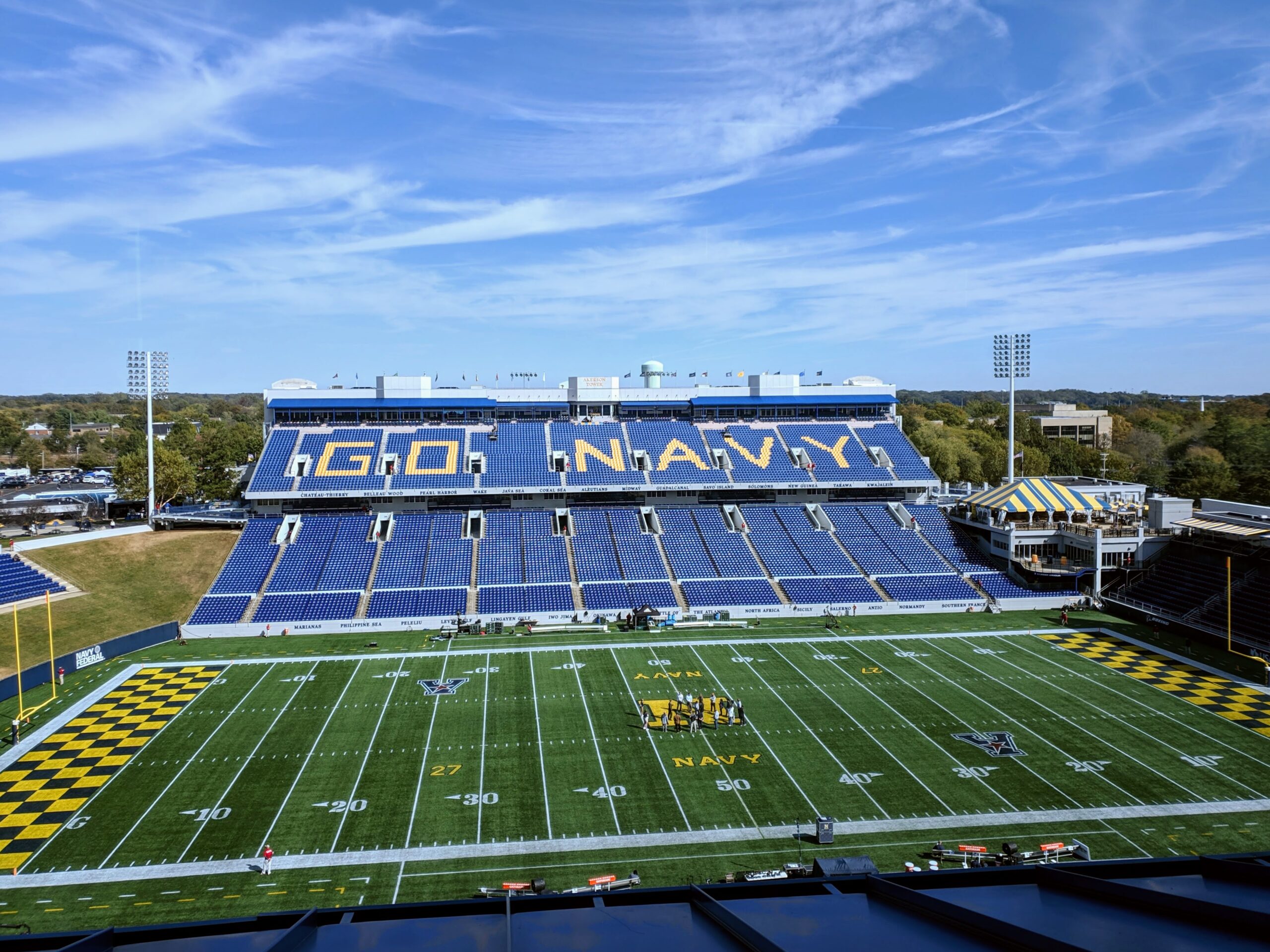
If you’ve ever been to a horse race before, then you know it’s all about which one is the fastest and most athletic. Everyone wants to see the strongest horse cross the finish line, but what makes the contest even more exciting is a bunch of fit horses all competing against each other.
OK, now let’s say there’s a race of sick and tired horses that struggle to get out of the gate, let alone finish the competition.
It’s probably not a great contest to watch and someone might even yell out, “Put them out of their misery!” or “Just stop the race!”
That’s how the college football season is panning out — depleted teams dragging themselves to the finish line, and at this point, it’s probably best to throw in the towel and cancel what’s left of the season.
In the past two weeks, 30 games — including a USF game — have been either postponed or canceled. That means at least 30 teams could not field a full team or were potentially on the brink of a mass breakout.
In the Bulls’ case, Saturday’s game was postponed due to both teams being at risk. USF was practicing with just over half its roster, and Navy did not play its previous two games due to a coronavirus outbreak.
These past two weeks have certainly been the most devastating to the college football timeline this season, but the number of canceled or postponed games has been steadily increasing.
More than 80 games involving FBS teams have been postponed or canceled since the season started. Even leagues that had late starts to their seasons have had significant setbacks.
The Pac-12, which started its season Nov. 7, already had five of its scheduled games scrapped. The Big Ten, which started Oct. 23, has had three games canceled so far.
As for the AAC, every team has had its schedule affected by COVID-19, whether it’s rescheduled games or indefinitely postponed games. So far, USF has two postponed games — Florida Atlantic and Navy — without a reschedule date in sight.
At this point in the season, “postponed” is starting to look more like “canceled,” as the AAC’s window for rescheduled games is remarkably thin.
The conference gave itself a two-week buffer in the weeks of December, but with the number of games postponed so far, there’s not enough time to reschedule them all, especially considering some horses in the conference are more beat up than others.
Navy has had three consecutive conference games postponed, and none have a reschedule date. With the small two-week window, the Midshipmen will be lucky to get in two of their rescheduled conference games. If Navy isn’t able to reschedule its games, then it’ll have played just five AAC games. It’s beginning to look impossible for the Midshipmen to have a full conference slate.
In addition to Navy, USF, Houston, Memphis and SMU each have a game to make up.
Each of the teams might have a chance to reschedule one or two games, but that’s if no more games get postponed or canceled, which, given how things have gone so far, is unlikely to happen.
Of course, whatever happens, the leagues will probably find a way to make things work. College football has seemingly said to the world, “The show must go on, no matter what!” despite all signs saying otherwise.
In terms of cases, things are getting worse and there doesn’t seem to be an end in sight. The U.S. this week just surpassed 250,000 deaths and daily cases topped 170,000 for the second time in eight months.
Vaccines could be available as early as next month, but there’s no guarantee that they’ll be widely available. The vaccine created by Pfizer is reported to have a 95% success rate and set a new record for vaccine development, but the pharmaceutical company anticipates only having vaccines available for 12.5 million Americans by the end of the year. That leaves 317.5 million people — 96% of the population — without a vaccine by the new year.
So sure, there may be an end to this madness eventually, which means the risk of playing and going to games shrinks significantly.
But plugging along the way it has been all season is nothing short of ridiculous. Watching a race of exhausted and banged up horses dragging themselves to the finish line is hardly enjoyable.
And the same goes for watching depleted college football rosters limping their way to the finish line.
It’s time to throw in the towel.


